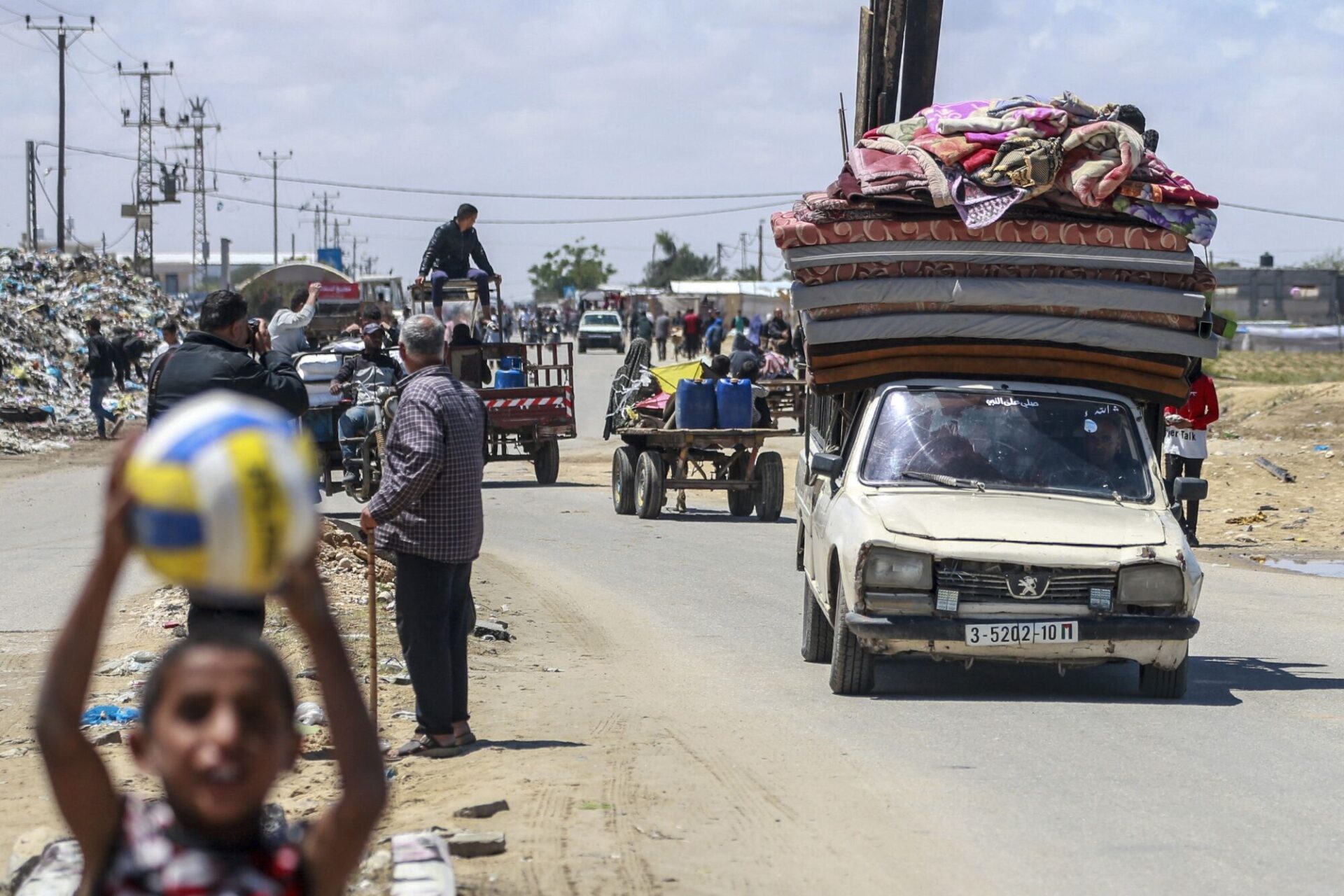Conflict and COVID-19 are also worsening food insecurity in the Democratic Republic of the Congo, northern Nigeria, Somalia and Sudan
FAO Director-Genaral QU Dongyu, today warned the United Nations Security Council that Burkina Faso, South Sudan and Yemen were at risk of a looming famine and appealed for an urgent and united humanitarian response to save lives and livelihoods.
“Tragically, there are many more situations where conflict and instability, now also exacerbated by COVID 19, are drivers for more serious hunger and acute food insecurity. This is particularly visible in areas where conflict and other factors such as economic turbulence, and extreme weather, are already driving people into poverty and hunger,” he said.
In a virtual briefing to the Security Council on conflict and hunger, Qu also underscored the dire situation in the Democratic Republic of the Congo, northern Nigeria, Somalia and Sudan.
The Security Council invited FAO’s Director-General, the United Nations’ Under-Secretary-General for Humanitarian Affairs and Emergency Relief Coordinator, Mark Lowcock, and David Beasley, the Executive Director of the World Food Programme, to provide an update on the food security situation in a number of countries around the world experiencing food insecurity.
“Worldwide, those hardest hit include the urban poor, informal workers and pastoral communities as well as people who are already particularly vulnerable – children, women, the elderly, the sick and people with disabilities,” the FAO Director-General said.
“We need first and fast aid to stop hunger, we need prevention and production locally, we need political willingness and we need collective actions, as the forecasts for food security in 2020 continue to worsen,” he added.
This is the second time this year that Qu has been asked to brief the Security Council on situations of conflict induced food insecurity. Together with Lowcock and Beasley he last addressed the UN body in April.
COVID-19, Desert Locust are factors exacerbating acute food insecurity
Qu expressed deep concern about the latest data on the Democratic Republic of the Congo, which shows that some 21.8 million people are unable to get enough food on a daily basis. Qu said this was “the highest number of people experiencing crisis or worse levels of acute food insecurity ever recorded in a single country”.
In Yemen, Qu pointed out that Desert Locusts have further threatened food availability. “FAO urges all those concerned to work towards granting access for control operations to prevent the pest from further worsening the deteriorating situation in Yemen and beyond,” he said.
He also expressed “great alarm” about the worsening situation in Burkina Faso, where the number of people experiencing crisis or worse levels of acute food insecurity has almost tripled.
In northern Nigeria, between June and August 2020, the number of people in crisis or facing emergency levels of acute food insecurity increased by 73 percent compared to the 2019 peak figure and reached almost 8.7 million, Qu said.
He noted that in Somalia, 3.5 million people face crisis or worse levels of acute food insecurity between July and September 2020. This increase of 67 percent compared to the 2019 peak is due to the triple shocks experienced this year – COVID-19, floods and the desert locust upsurge. “While much progress has been made in controlling the locusts, FAO is making every effort to sustain control operations,” the Director-General said.
In Sudan, the number of people in urgent need of humanitarian assistance has risen by 64 percent, between June and September 2020, reaching around 9.6 million people, the highest level ever recorded in the country, with serious floods further exacerbating the situation.
Combating acute food insecurity, harnessing the power of investments and innovation
In his address to the Security Council, the FAO Director-General called for a “package of solutions” to be put in place in order to combat acute food insecurity effectively. He said humanitarian-development-peace actions must be well coordinated and complementary and that they need to be mutually reinforcing across global, regional, national and local levels.
“Humanitarian actors can provide first aid. Agri-food systems can play a more sustainable function for better production, better nutrition, better environment and a better life,” Qu said.
He noted that there was “good news” with FAO forecasting in 2020 a bumper harvest globally in major crops – an all-time high year, with 58 million tonnes above the 2019 outturn.
Qu stressed that such an achievement was being reached thanks to enabling policies, investment and “the hard work by millions of famers”.
“Lasting peace and harmony can be achieved, through good policies and investment in agriculture infrastructure and capacity building in the rural development, especially in conflict areas,” he said.
Qu said the Security Council can play a pivotal role in addressing the threat of conflict induced acute food insecurity by promoting dialogue and seeking solutions to conflict and violence. This would allow for urgent life-saving and livelihood-saving operations to be scaled up and better integrated humanitarian and development responses to be delivered that address the multiple drivers of food insecurity.
“Once again let me assure the Council of FAO’s continued support through policy advice, technical assistance, our Big Data platform and concrete services on the ground,” the Director-General concluded.



 Naira4 weeks ago
Naira4 weeks ago


 Naira3 weeks ago
Naira3 weeks ago


 News4 weeks ago
News4 weeks ago
 Travel4 weeks ago
Travel4 weeks ago




 Naira4 weeks ago
Naira4 weeks ago


 Jobs3 weeks ago
Jobs3 weeks ago
 Naira3 weeks ago
Naira3 weeks ago


 Travel3 weeks ago
Travel3 weeks ago




















